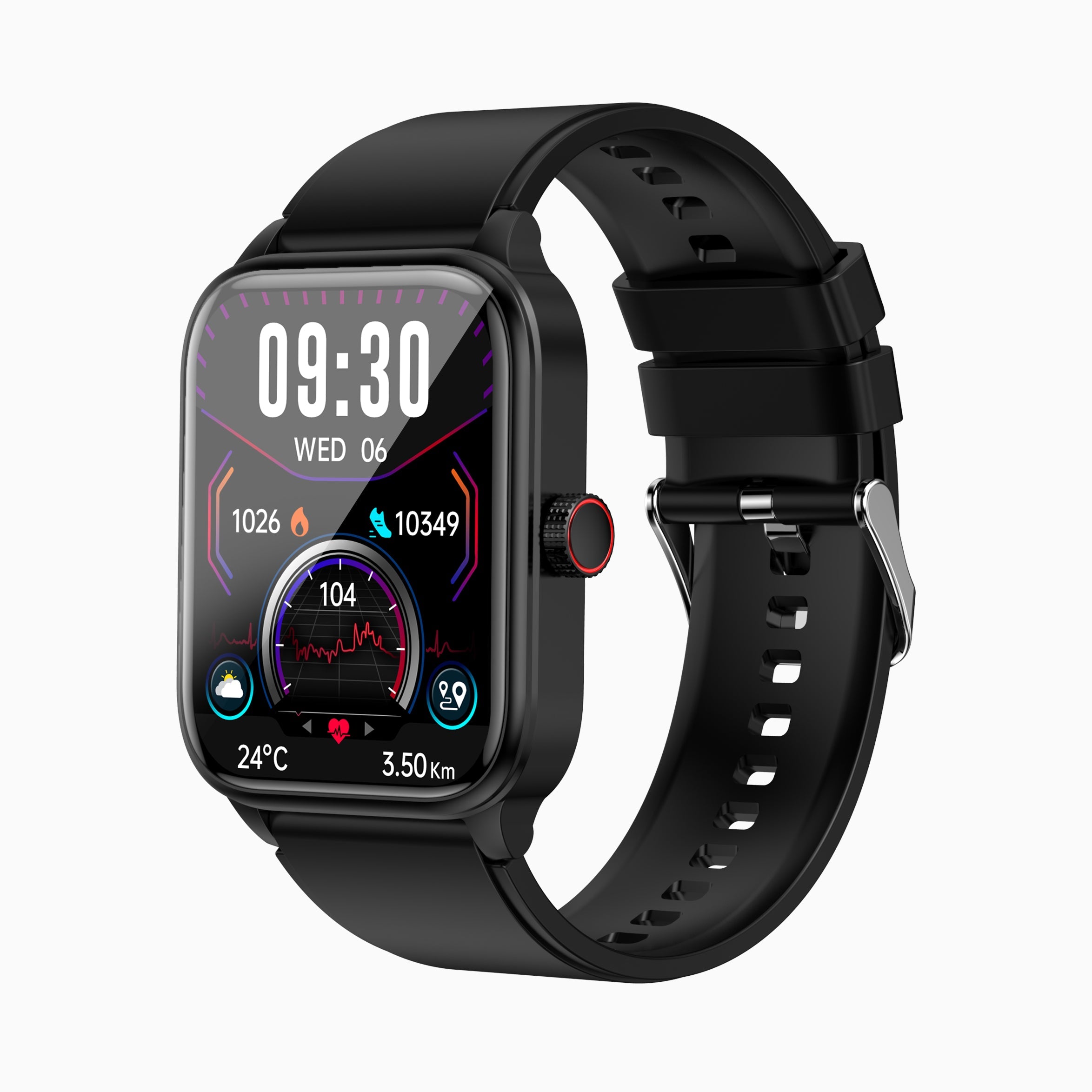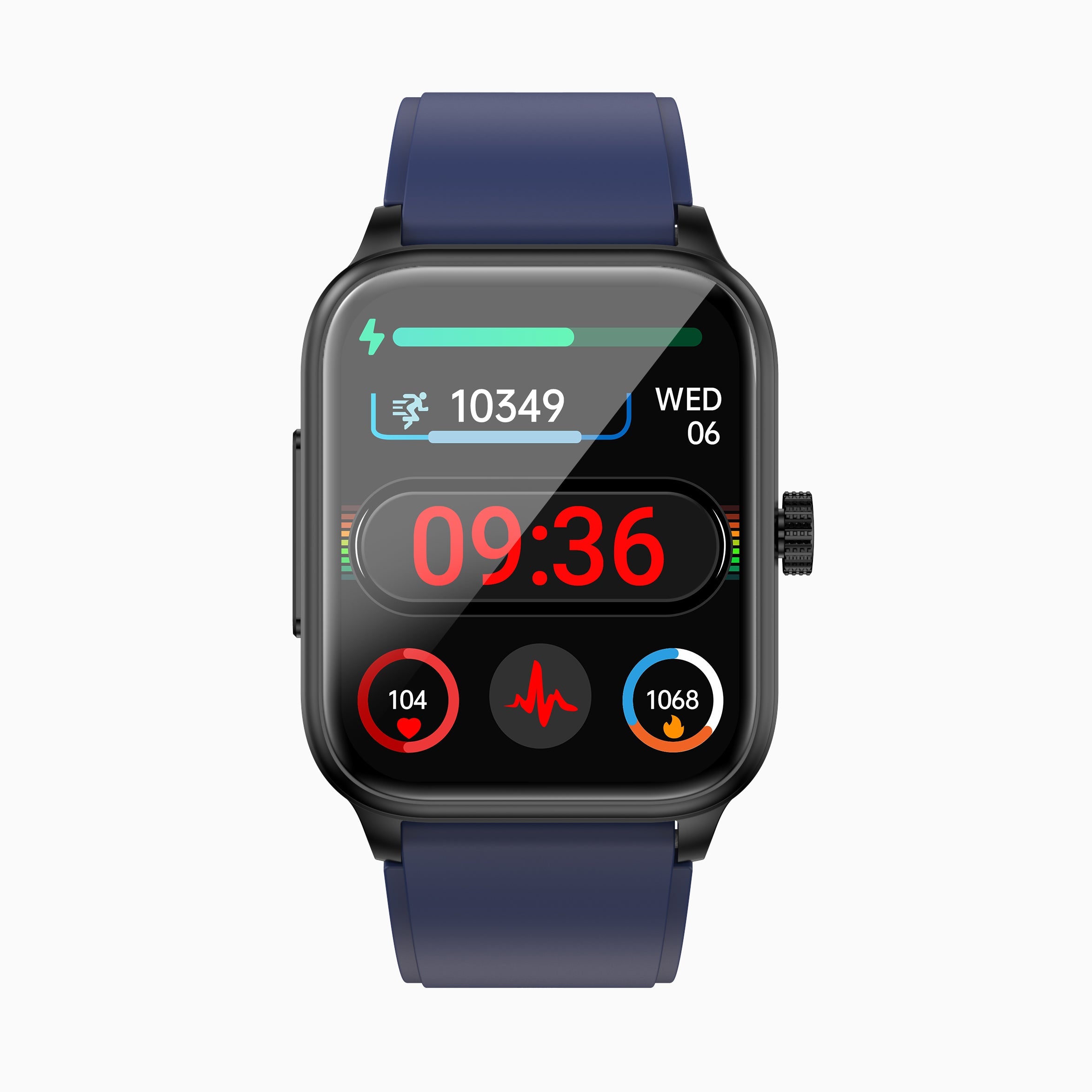Runner Smart Watch
Increasing evidence indicates that the answer is negative.
The debate over whether running causes arthritis has been a longstanding concern for both seasoned runners and those contemplating lacing up their running shoes. Rumors and misconceptions often circulate, leading to apprehension about the impact of running on joint health. In this blog, we'll delve into this topic, exploring the evidence and addressing the question: Does running really cause arthritis?
Understanding Arthritis:Arthritis is a common condition characterized by inflammation and stiffness in the joints. Osteoarthritis, the most prevalent form, is often associated with aging and wear and tear on the joints. However, the idea that running contributes to the development of arthritis is a notion that requires careful examination.
Exploring the Research:Contrary to popular belief, numerous studies have examined the relationship between running and arthritis, and the results may surprise you.
-
Landmark Study - The Framingham Heart Study:
The Framingham Heart Study, one of the longest-running cardiovascular studies, conducted extensive research on the connection between running and arthritis. Surprisingly, the findings indicated that moderate running, even over an extended period, did not increase the risk of developing osteoarthritis in the knees. In fact, the study suggested that running might have protective effects on joint health.
-
Stanford University's Study on Running and Knee Osteoarthritis:
Stanford University conducted a comprehensive study on running and knee osteoarthritis, involving both runners and non-runners. The results revealed no significant difference in the prevalence of knee osteoarthritis between the two groups. Furthermore, the runners displayed fewer symptoms of arthritis, challenging the assumption that running accelerates joint degeneration.
-
Arthritis Research UK's Insights:
Arthritis Research UK also weighed in on the debate, emphasizing the importance of differentiating between recreational running and competitive, high-impact sports. They highlighted that moderate, consistent running is unlikely to cause arthritis, while extreme and repetitive joint impact, such as in professional athletes, might pose a higher risk.
While the research dispels the myth that running inherently causes arthritis, it's crucial to acknowledge the significance of proper running technique and conditioning. Running with improper form, inadequate footwear, or overtraining can contribute to joint stress and potential injuries, which may exacerbate the risk of arthritis over time.
The Role of BP Doctor Smartwatches in Joint Health:Smartwatches equipped with advanced health monitoring features can be invaluable companions for runners concerned about joint health.
-
Biometric Data Tracking:
Smartwatches can monitor key biometric data during running, providing real-time insights into heart rate, cadence, and stride. This information aids in maintaining optimal running form and minimizing excessive stress on joints.
-
Activity Monitoring and Planning:
Smartwatches offer detailed activity tracking, allowing runners to monitor their training intensity and duration. With this data, users can plan progressive workouts, reducing the risk of overtraining and associated joint injuries.










